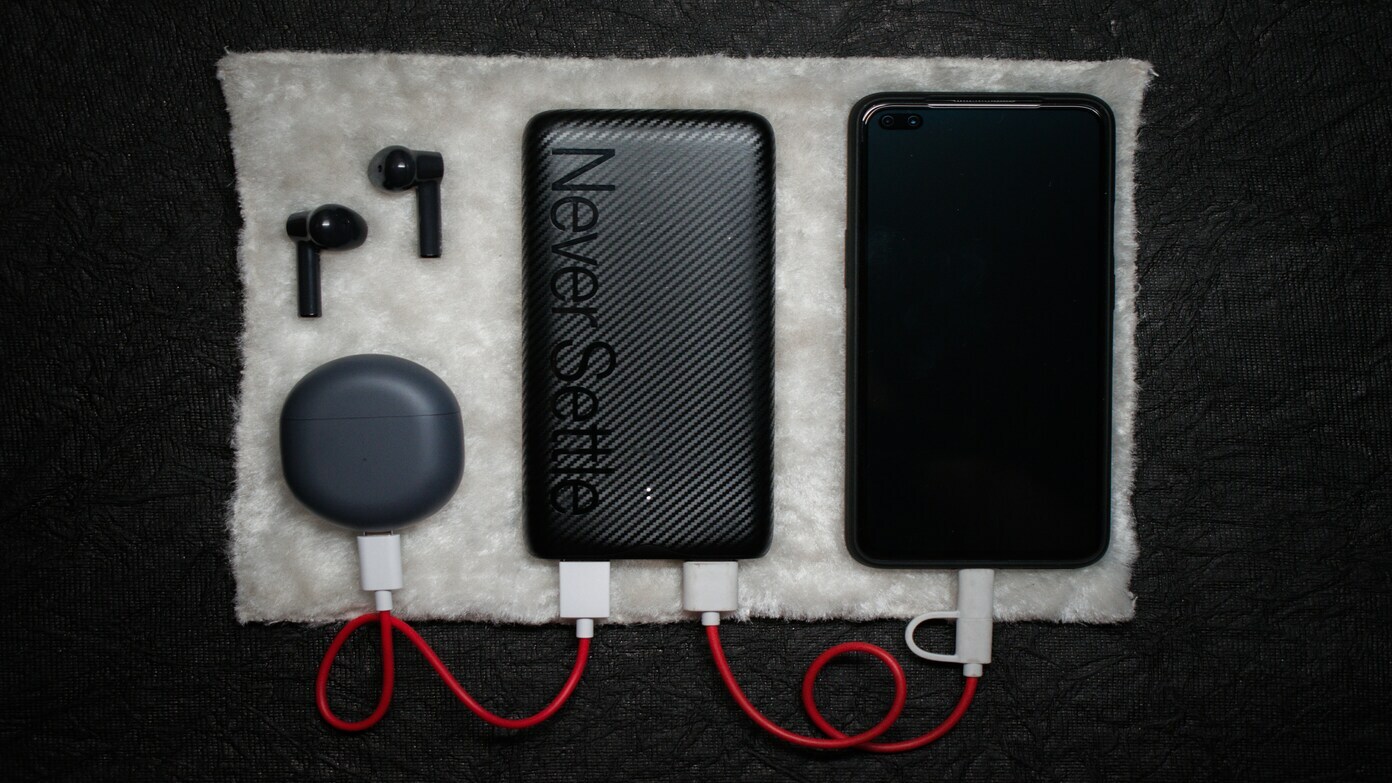Thousands of devices pulled after overheating hazard
If you bought a wireless power bank in the last two years, it’s time to check the label. More than 30,000 ESR HaloLock power banks have been recalled in the U.S. and Canada after reports of the batteries catching fire or exploding, causing around $20,000 in property damage.
The U.S. Consumer Product Safety Commission (CPSC) says the issue involves lithium-ion batteries overheating and igniting, posing a serious fire and burn risk. Luckily, no injuries have been reported yet—but officials are urging consumers to act fast.
Which power banks are affected?
The recall applies to ESR HaloLock models 2G520, 2G505B, and 2G512B. One thing you should know is that these power banks are easy to spot—they do feature five circular LED lights on one side and were sold in dark blue, light blue, gray, white, and black.
The devices were available for purchase online through Amazon, Home Depot, and ESR Tech’s website between September 2023 and July 2025. About 24,000 units were sold in the U.S. and 10,000 in Canada.
What went wrong?
ESR received nine reports of batteries catching fire or exploding. While no one has been hurt, the incidents caused thousands of dollars in property damage—and a lot of panic for unsuspecting users charging their phones.
“The lithium-ion battery in the recalled power banks can overheat and ignite, posing fire and burn hazards to consumers,” the CPSC warned in its recall announcement.
What should you do if you own one?
Stop using it immediately. Do not plug it in “one last time.” Do not toss it in your junk drawer for later. And do not throw it in the regular trash—these batteries need special handling.
Here’s what to do:
- Contact ESR for a full refund.
- Dispose of the power bank safely by taking it to your local household hazardous waste (HHW) collection center.
- Call ahead first to confirm whether your HHW center accepts recalled lithium-ion batteries. If not, check with your local municipality for guidance.
- Lithium-ion batteries can start fires even when they’re just sitting in the garbage, so proper disposal is critical.
Why lithium-ion batteries can be risky
Lithium-ion batteries power nearly everything these days—from phones to e-bikes—but they’re known to overheat if they’re defective, damaged, or poorly made. In extreme cases, they catch fire or even explode. This isn’t the first time power banks have been recalled—over 1.1 million were pulled last year for similar reasons.
The good news? If you follow the recall instructions and get a refund, you’ll avoid the risk. The bad news? You’re going to need to find a new way to charge your phone on the go.
Check your gadgets
If you have a portable charger available, particularly an ESR HaloLock model, please take a moment to double-check it today. With nine confirmed fire incidents and tens of thousands of devices affected, it’s not worth taking chances.
The recall is a reminder that while lithium-ion batteries have made modern life convenient, they also come with a hidden danger when something goes wrong. A little due diligence—like checking for recall notices—could save your phone, your car, or even your house from going up in smoke.
So, take a few minutes to see if your power bank is part of the recall. Your future self (and your unburned sofa) will thank you.
Read this later:
- Latest 2026 COLA update: cost-of-living adjustment forecast rises on inflation numbers
- What do the changes in the retirement age in 2025 mean for me
- Does Social Security offer special services to disaster victims?
- Will Social Security reduce my spouse’s benefits if I get a government pension based on my own earnings?
- Will my monthly Social Security retirement benefit increase if I have additional earnings?
- What should I do if I receive a call from someone claiming to be a Social Security employee?

